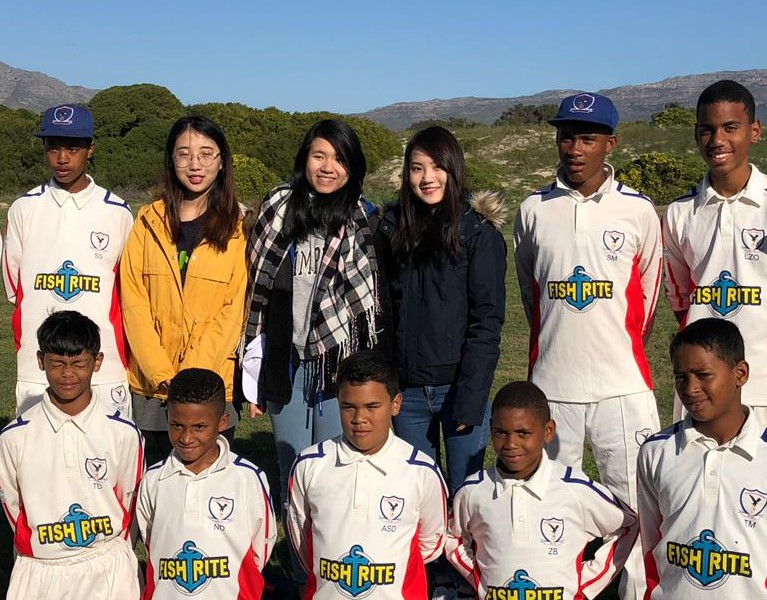(Video produced by Emily WONG, EF, Year 4)
It is more blessed to give than to receive. In bygone days, we have a deep-rooted concept that people in South Africa are underprivileged. With this in mind, we hold to the belief that we have to provide a better environment for their children and bring them happiness. After doing placement at Mother’s Unite (MU) for 2 weeks, our minds changed and we recognised the true essence of the motto – “It is more blessed to give than to receive”. We were fortunate to be able to serve and learn in a joyful and inspiring environment. One of the most impressive activities was a talent show organised by MU, which turned out to be a platform for all kids to perform and showcase their talents. Not only did we see smiling faces, but also confidence in them
that made them shine. We have to admit that kids in MU have taught us a life lesson - one’s talent is never restricted to his environment, but rather his attitude. This trip has undeniably offered us space to reflect on the typical stereotypes people have about South Africa, as well as a new insight into service learning. Remark: Michelle demonstrated good improvement
in her intercultural competency upon return. She scored 23 points higher in her post-programme IDI test, moving from a Polarisation orientation towards a Minimisation orientation within 5-week time.
Through the programme, I got to see the “real” side, the more inferior part, of South Africa, which is often overlooked by people with only travelling purposes. South Africa is naturally beautiful and culturally enriched, but meanwhile, it is dangerous and divided to an extreme extent. People with only travelling purposes tend to focus on the beautiful side of the country and neglect the intricate social problems borne by it, overlooking a great opportunity to learn social topics in great depth. Being part of this programme, I got to discuss them a lot and prioritise these issues during my journey, such attention motivated me to seek evidence to support my understanding throughout the trip. Meanwhile, the programme brought us to the neighbourhoods, the township, where living conditions were worse than the places most foreigners visit. Touring the township was indeed an invaluable lesson because it reflected the massive disparity in living standard. The importance of studying the less privileged sides of South Africa was that the whole situation contained so many lessons on history and anthropology, and it spurred me to look for ways for improvements always. Another convincing reason was that the things we talked about in the programme carried more relevance with the local population than the gorgeous attractions did. Without the programme, my trip to South Africa would be a far more superficial one. Remark: Nathan demonstrated good improvement in his intercultural competency upon return. He scored 17 points higher in his post-programme IDI test, moving from a Minimisation orientation towards an Acceptance orientation within 5-week time.
Nathan was subsequently selected for the joint CityU-Columbia degree, congratulations!
She was given an opportunity to live again.
During my placement with Embrace Dignity (ED), my co-worker showed me to her dwelling in a township called Gugulethu. She had been working as a prostitute since childhood for money, food and schooling. Being raped and sexually abused were nothing new to her. Her life was a horrible tragedy. Fortunately, ED helped her exit the system of prostitution and even equipped her with the necessary work skills. She now lives happily and is passionate about helping other workers in her community despite the harsh circumstances she still faces.
Remark: Marco demonstrated great improvement in his intercultural competency upon return. He scored 27 points higher in his post-programme IDI test, moving from a Polarisation orientation towards an Minimisation orientation within 5-week time.
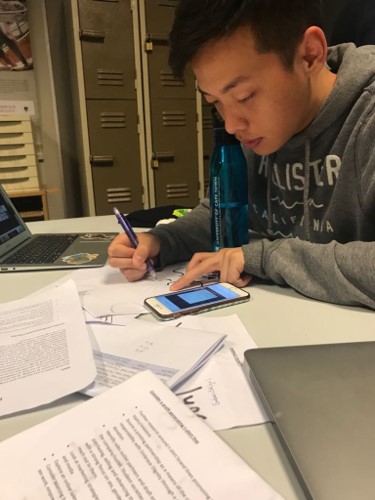
Be a change agent
South Africans share a much more intimate interpersonal relationship than Hongkongers. This inspires me to become an agent of change to a rather apathetic culture. I consider this a desirable consequence of cross-cultural interaction.
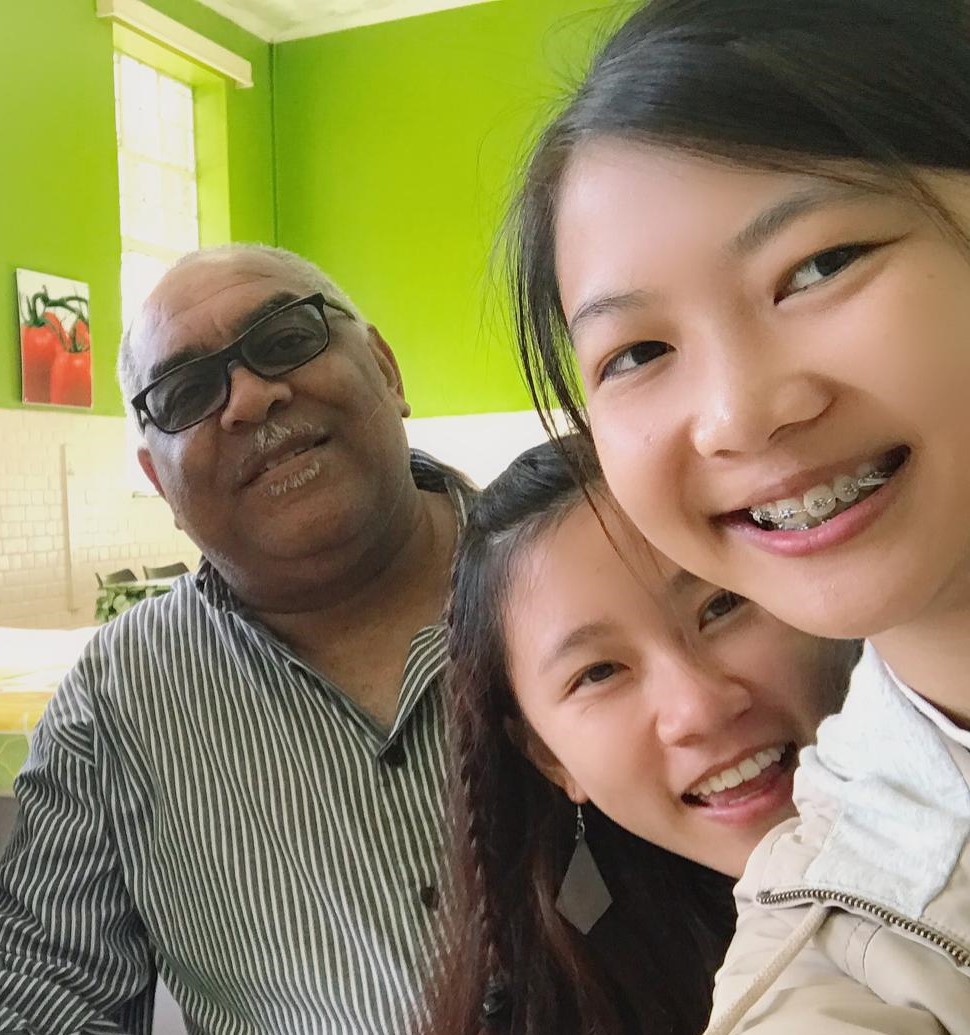
I used to believe that inequality is somehow inevitable, or is a necessary consequence of advancement.
Yet, after the programme, I realise that deliberate political and economic choices are reasons for the greater disparity. Many Africans are condemned to stay poor for generations not because they lack the willingness or consciousness to climb up the social ladder, but because of the policies that compound inequality. There are unprecedented limitations in South Africa that take time to tackle. I completely agree with the saying learned from lecture – inequality is a complex and wicked problem. To improve the situation, changing the structural system and revamping principle policies are crucial to prevent the wealth gap from widening.
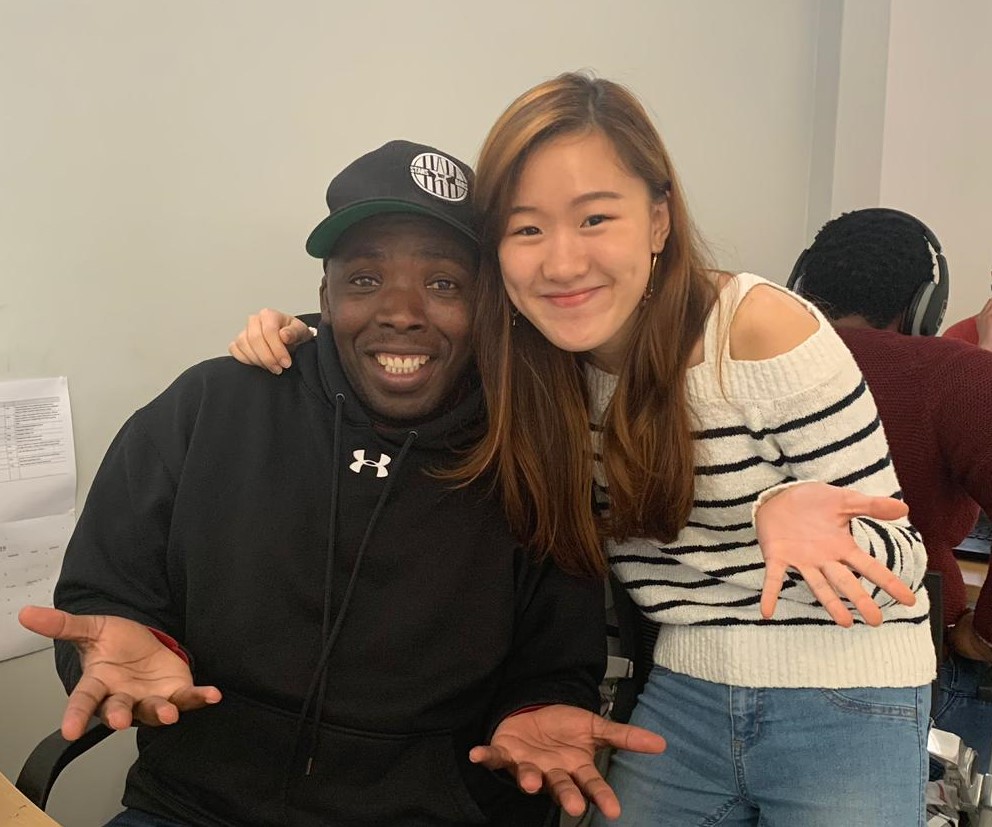
My best experience is working in the township and connecting with the locals.
Thanks to the community immersion arranged by my interning SE, I got a chance to enter the local community and to experience how small businesses cater to distinct societal needs whilst co-driving growth of the township economy.
One inspiring example is Iyeza, a medicine delivery company serving chronic disease patients living in townships. Realising that most residents living in the peripheral informal settlements of townships do not have an address and that some areas are inaccessible even by cars, Iyeza provides regular medicine delivery services from local clinics to patients’ homes. It does not only ease the lives of poor patients by cutting down their travelling time and cost but also creates jobs and more importantly, a means for the low-skilled youngsters to contribute. These locally founded SEs create a unique ecosystem, demonstrating that conventional markets and well-known theories are not necessarily applicable to underdeveloped places. We do not see renowned hotels here, but many culturally rich B&Bs with housing structures reflecting the time of racial segregation. The tourism industry in townships is growing gently while balancing the daily lives of its inhabitants. Having received support from the locals, more and more exclusive-to-township businesses are emerging, which helps to strengthen the local economy.
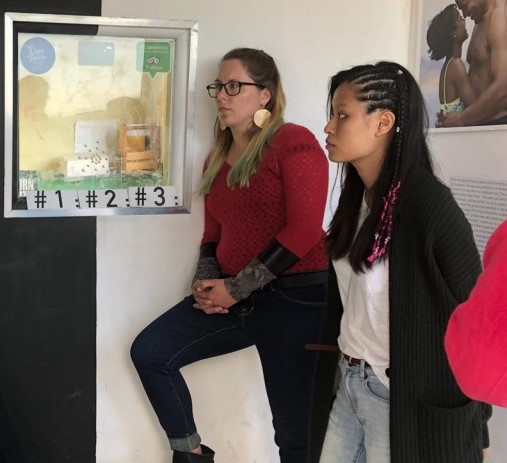
My placement at KenFac Toy Library shows me how difficult it is to operate a SE sustainably in South Africa.
The Toy Library aims at providing a safe place with educational toys to kids of various age groups. It also supports low-income families by offering parenting workshops and counselling services and promotes togetherness by encouraging quality time spent with children. Unfortunately, in Kensington (and across the country indeed), poverty is a huge problem. The Library could hardly generate enough income and would be forced to shut down when external funding is used up. Given this, we proposed to rent out part of its venue for events in return for rental income. We believe expanding business scope is necessary to save it in the long run.
Remark: Eric demonstrated good improvement in his intercultural competency upon return. He scored 15 points higher in his post-programme IDI test, moving from a Denial orientation towards a Polarisation orientation within 5-week time.
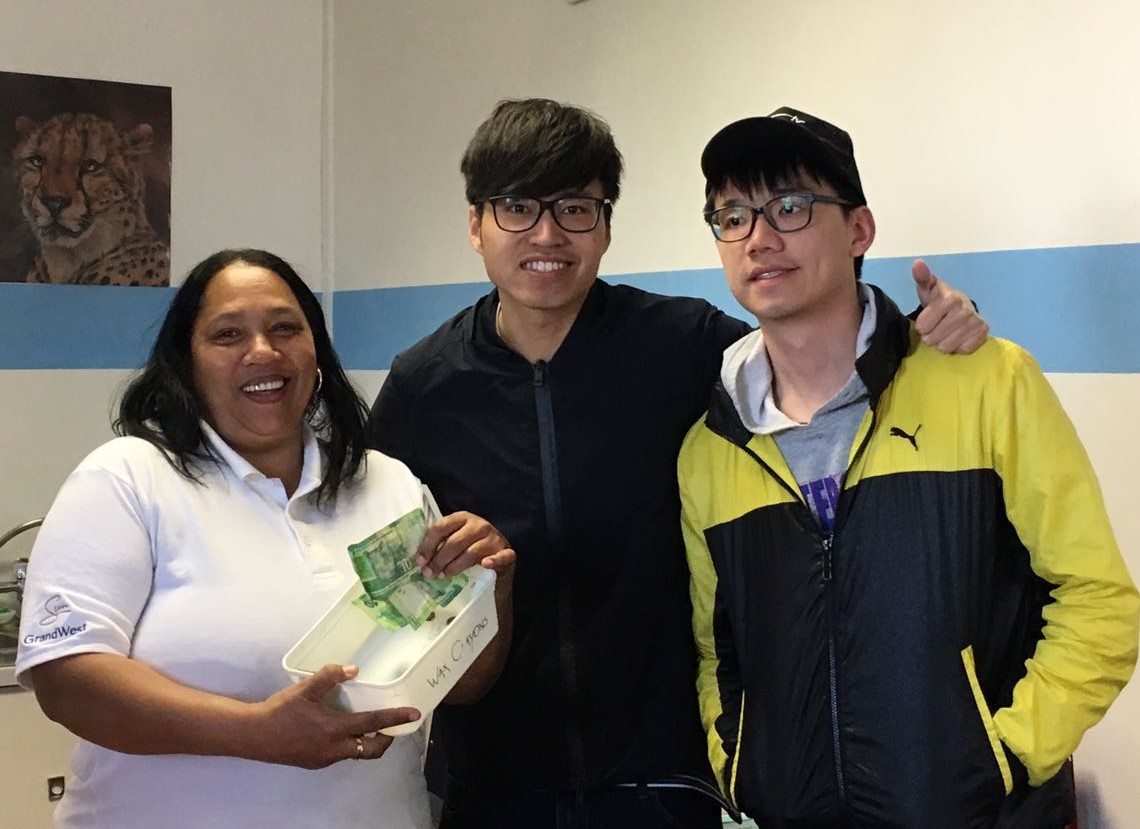
Learning experience at University of Cape Town was impressive.
We were allowed to discuss everything during classes. This kind of learning style helped us to reflect on life - Many open-ended questions does not carry a standard answer. The treasurable opinions we obtained from the lecturers were also inspiring.
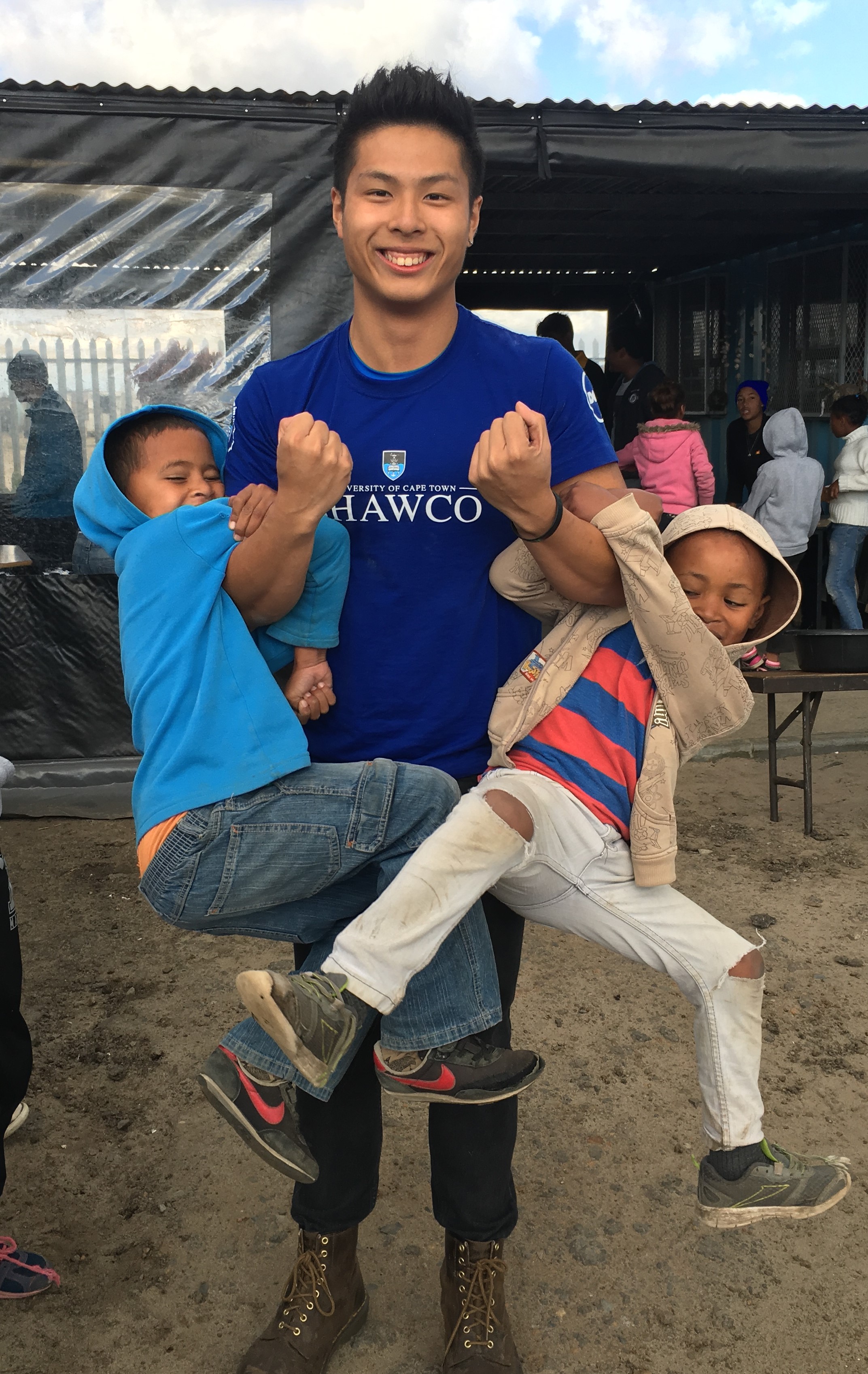
South Africans demonstrate strong entrepreneurial spirit.
Social enterprises in Cape Town know the roots of their social problems well and would tackle with creative solutions. Robotics Project at my placement organisation, ORT SA Cape, is an example of social innovation. ORT aims at improving society via early childhood education. It cultivates interest in Mathematics and Science in children and shows them the beauty they possess internally. Microfinancing is another example. South Africans demonstrate strong entrepreneurial spirit, which explains why their SEs are particularly successful despite many structural problems and limitations in the country.
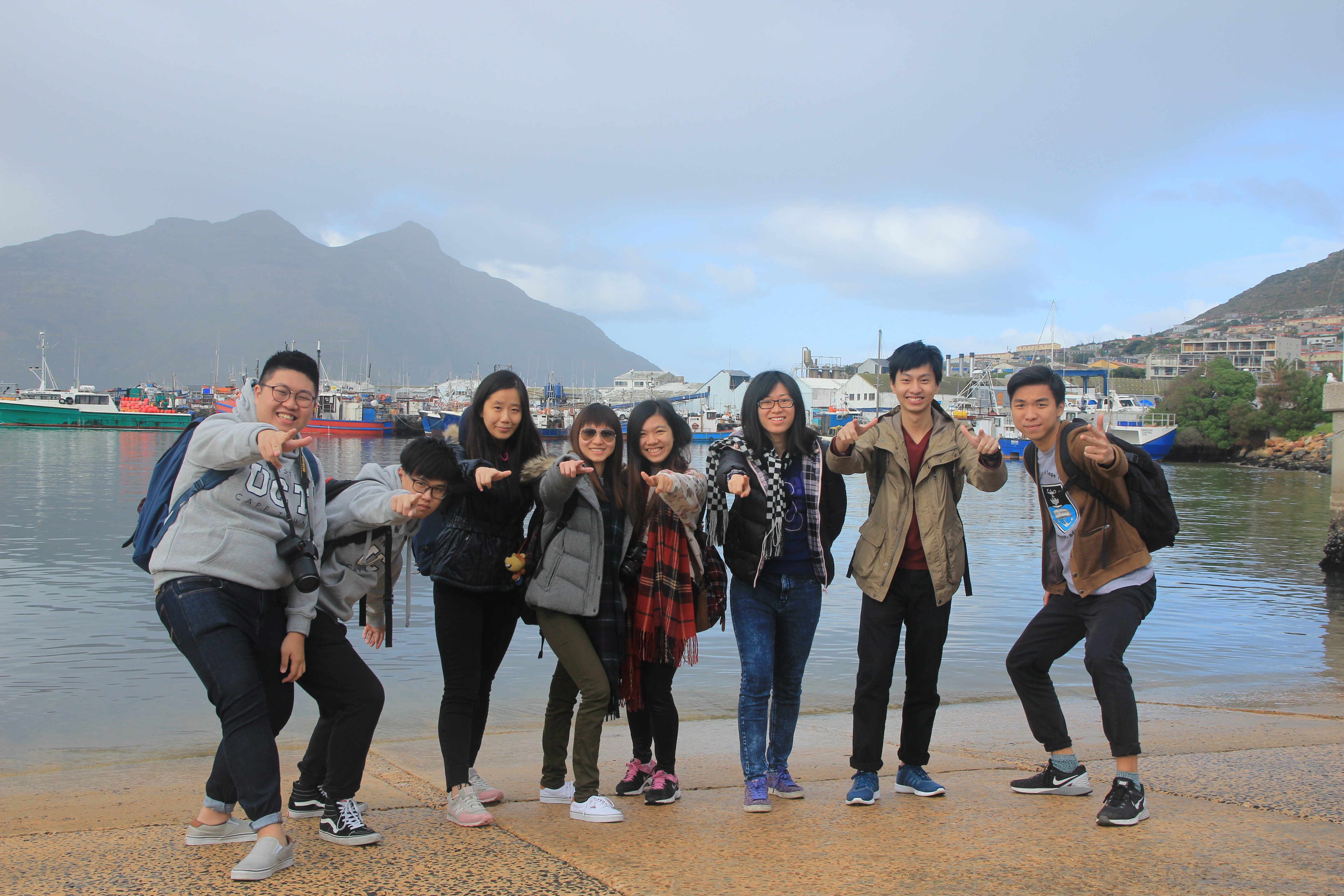
I learned how to think critically throughout this program.
During our lectures in University of Cape Town, we were often told about the history of Blacks. The black lecturer told us how the Blacks fought against the Whites and the great history of Mandela Nelson, who had led them to change their fates. In the beginning, we got the impression that the Whites had maltreated the Blacks.
Through discussions in lectures, I discovered that we always easily judge before fully understanding an incident or a culture. To form a more objective opinion, we need to stay open-minded and accept that there is still no absolute answer or standard to an issue. Similarly, there is no better or inferior culture in the world. It is just a matter of perspective. I realised the importance of analysing an issue from multi-angles and independent thinking. These 30days in South Africa have certainly made me respect and appreciate cultural differences more.
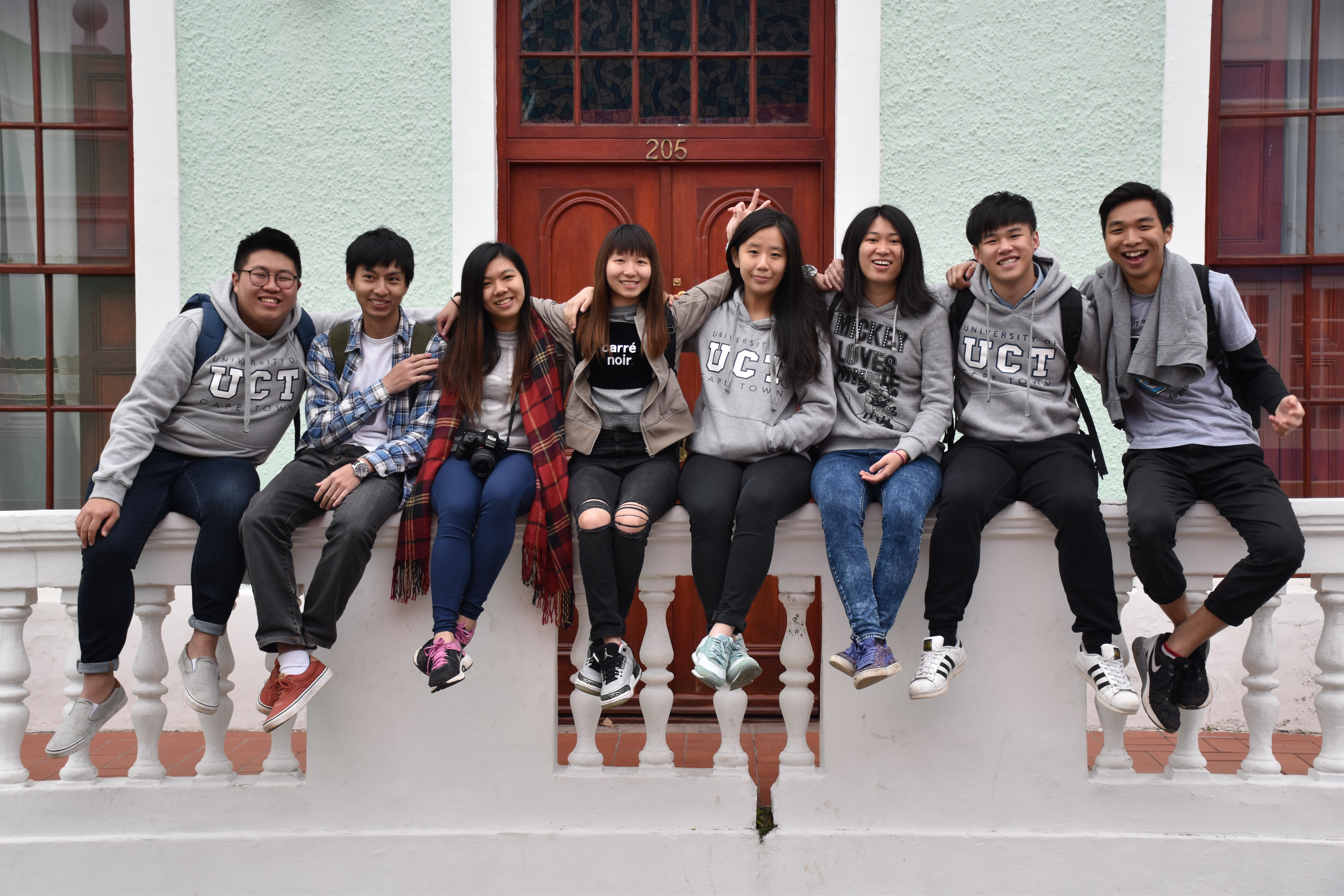
South Africans' positiveness inspires me the most.
Their enthusiasm, enjoyment and modesty influenced me. Every morning, every afternoon, every night, I was greeted by different South Africans. They engaged me in conversations with hospitality and passion. We think tendering love and care to others is not easy. Still, in South Africa, people do spread happiness and kindness to others regardless of skin colours, appearances and cultural boundaries. I appreciate South Africans’ positive spirit and attitude.
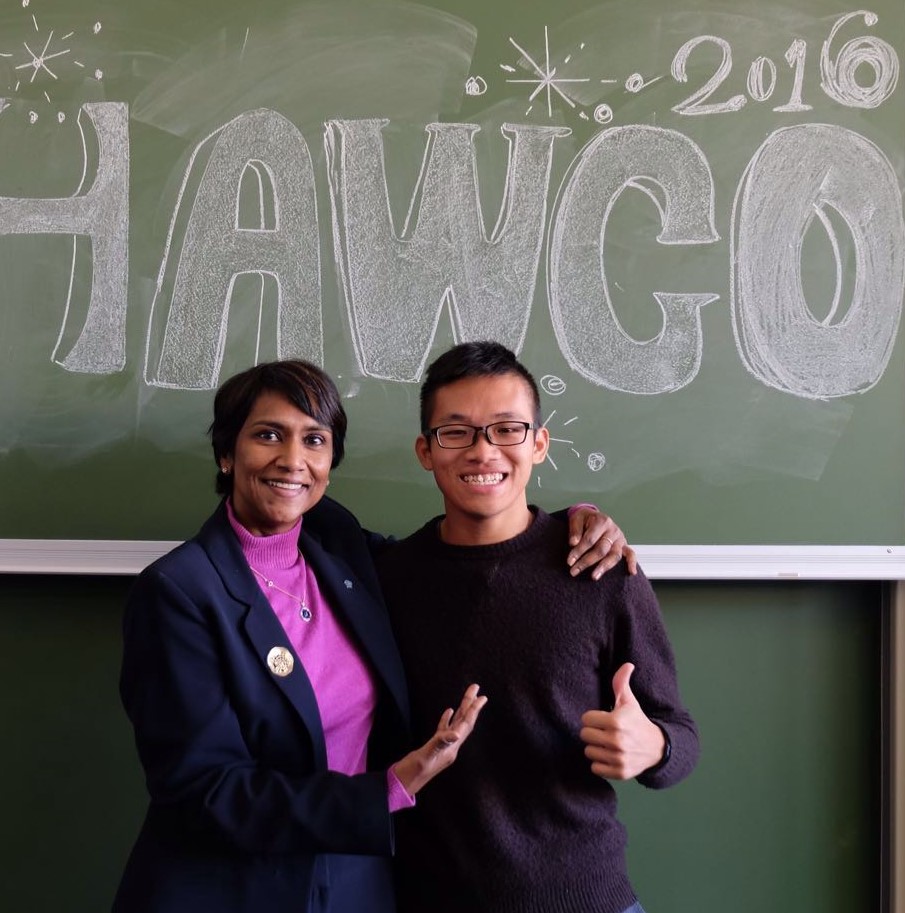
My most important life lesson is learning to break down stereotypes and boundaries.
South Africa is a country with diverse races and languages. Therefore, the openness and tolerance of this country are what I learned. I met many immigrants from other African countries who come here to make a fortune. Through in-depth interviews with some immigrants and local Africans, I got a feeling that people here generally do not judge others by their races or political stances. This is, from my perspective, the most fundamental requirement in breaking stereotypes and boundaries.
